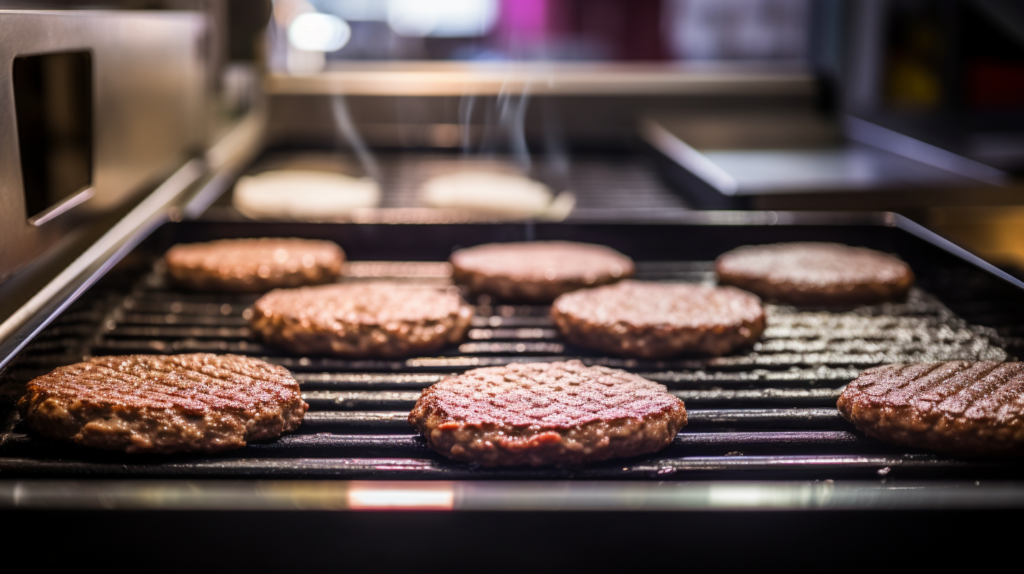Peanut oil, revered for its rich flavor and high smoke point, is a staple in many kitchens. However, the impact of heating this oil on health has garnered significant attention in recent times. In this blog, we delve into three key areas, providing a scientific exploration of how heated peanut oil may influence our well-being.

1. Alterations in Nutritional Value
Heating peanut oil, especially over prolonged periods or at high temperatures, can trigger notable changes in its fatty acid composition and oxidative stability. Studies have shown that heating peanut oil up to 16 hours at 180°C leads to modifications in essential fatty acids like palmitic, linoleic, and oleic acids. This change not only affects the oil’s flavor and aroma but also its nutritional profile. The process of heating induces oxidative stress in the oil, leading to the formation of free radicals and other harmful compounds. These alterations can impact the oil’s protective antioxidant properties, diminishing its health benefits.
2. Implications for Metabolic Health
The consumption of heated peanut oil has demonstrated concerning effects in animal studies. Prolonged intake of this oil when heated was found to cause growth depression in rats, with notable increases in blood glucose and cholesterol levels. This suggests a potential disruption in the body’s natural process of carbohydrate digestion and absorption. Additionally, there’s a marginal increase in fecal fat excretion, indicating changes in how fats are metabolized and absorbed in the body. These findings, though preliminary, highlight the need for caution and further research on the long-term consumption of heated peanut oil in human diets.


3. Potential Risk of Oxidative Damage and Mutagenicity
The heating process can significantly deteriorate the quality of peanut oil. As the temperature rises, the formation of peroxides and other oxidation products increases, potentially leading to harmful health effects. In addition, studies have indicated that fumes from heated peanut oil can be cytotoxic and genotoxic, especially concerning for those who are exposed to cooking fumes regularly. Compounds like trans-trans-2,4-decadienal, formed during the heating of peanut oil, are capable of inducing oxidative stress and DNA damage, which could have long-term health implications.
While peanut oil remains a popular choice for its flavor and cooking properties, it’s essential to consider the potential health impacts of heating it. To minimize risks, it is advisable to avoid overheating the oil, use it within its smoke point, and ensure proper ventilation when cooking to reduce exposure to harmful fumes. As with any dietary choice, moderation and awareness are key to maintaining a balanced and health-conscious diet.